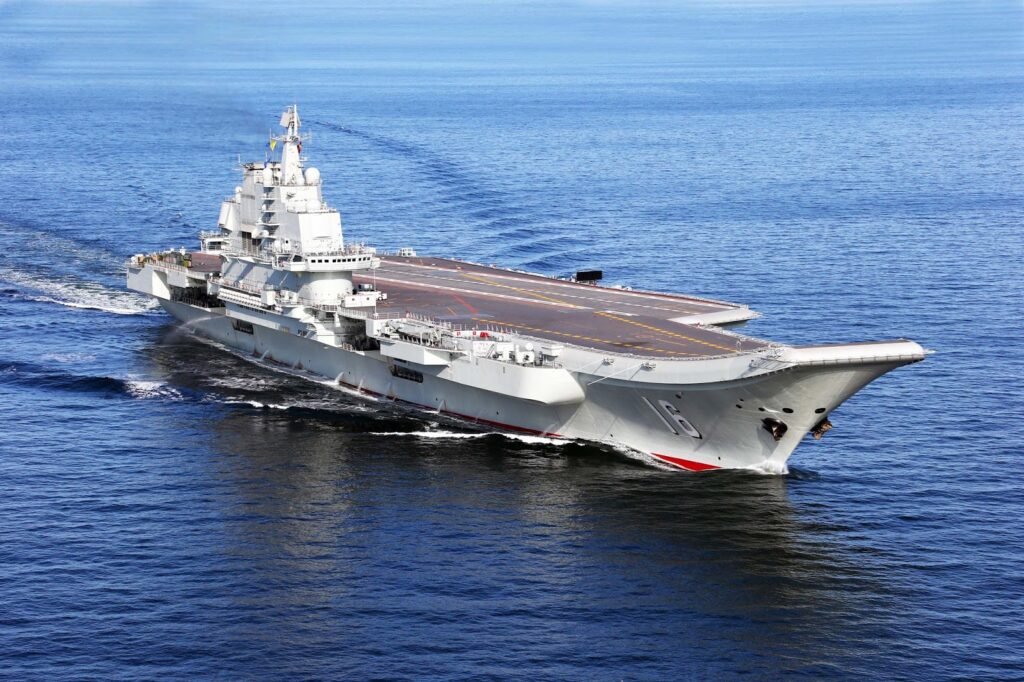Recent satellite imagery has revealed significant upgrades to China’s first aircraft carrier Liaoning, following a major refurbishment completed between February 2023 and February 2024. This refurbishment aims to enhance the carrier’s operational capacity and streamline ordnance deliveries.
According to Janes, one of the most noticeable changes is the addition of a new weapons elevator at the aft section of the Liaoning’s flight deck, measuring approximately 6×2 meters, located about 3.5 meters from the ship’s stern. This addition allows for more efficient loading and unloading of munitions on the flight deck.
Two larger weapons elevators have replaced four smaller ones in the forward section of the carrier. These new elevators are also 6×2 meters each and are designed to facilitate quicker reconfiguration of aircraft armaments, particularly important for rapid response scenarios.
Satellite images of the vessel taken at its post-refurbishment sea trials in March 2024 indicate the presence of full-scale fighter aircraft mock-ups on its flight deck.
Specifically, the mock-ups are of the J-15 and J-35 fighter aircraft.
Post-refurbishment, the Liaoning has shown a marked improvement in its operational performance. The average sortie rate increased from a peak of 20 per day during earlier missions to an impressive average of 37 sorties per day, with peaks reaching up to 48 sorties in a single day as of September 2024.
The upgrades come as China continues to expand its naval capabilities. The Liaoning, originally a Soviet-era vessel, has been transformed into a more modern combat-ready ship capable of operating advanced fighter jets such as the J-15 and J-35. This modernisation aligns with China’s broader strategy to enhance its naval power amid rising tensions in regional waters.
The refurbishment of the Liaoning represents a significant step forward for the People’s Liberation Army Navy (PLAN) as it seeks to improve its aircraft carrier operations and overall naval readiness. The enhancements not only increase the efficiency of ordnance delivery but also bolster the carrier’s capability to conduct high-intensity operations in various maritime scenarios.


